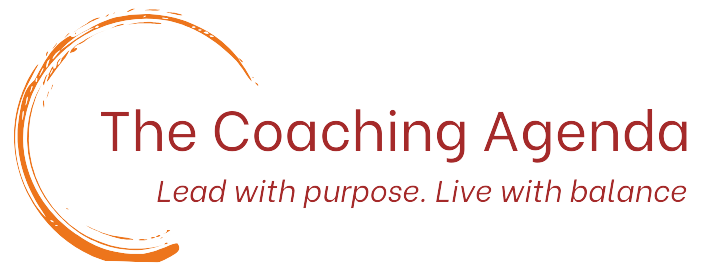
MENTORING

Unlock your leadership potential with personalised guidance designed for emerging leaders.
As you plan, or begin, your transition from Management to Leadership, navigating this critical stage of your career requires strategic guidance and personalized support.
My mentoring programs are designed to help ambitious professionals like you develop the skills, mindset, and confidence needed to excel in leadership roles.
I offer a structured yet flexible roadmap to unlock your full potential as an emerging leader.
Below are some typical mentoring services that my clients have requested.
-

Career Development Mentoring
What: Guidance on advancing within your current role or transitioning into new opportunities.
Why: Career growth can feel overwhelming without a roadmap. Having a mentor provides clarity on the steps needed to achieve your long-term goals.
Who: Ideal for professionals looking to make significant career shifts or gain clarity on future career paths.
-

Leadership Skills Mentoring
What: Focus on developing essential leadership skills such as communication, decision-making, and team management.
Why: Emerging leaders often need to quickly adapt from individual contributors, or managers, to effective leaders. This mentoring equips you with the mindset and tools to excel in leadership.
Who: Aspiring or newly appointed leaders seeking to build foundational leadership capabilities.
-

Personal Brand Development
What: Learn how to craft, communicate, and enhance your personal brand as a leader in your industry.
Why: A well-defined personal brand helps you stand out and gain credibility. It's not just about self-promotion; it's about positioning yourself as a leader who brings value and insight to your field.
Who: Professionals wanting to gain more visibility and credibility in their field.
-

Emotional Intelligence (EQ) Mentoring
What: Development of emotional intelligence skills such as empathy, self-awareness, and managing interpersonal relationships.
Why: Leadership is not only about managing tasks but also about managing people, and emotional intelligence is key to effective leadership.
Who: Professionals seeking to improve team dynamics, reduce conflicts, and build stronger relationships.
-

Work-Life Balance Mentoring
What: Support in achieving a healthy work-life balance without compromising career progress.
Why: Leaders often struggle with balancing personal and professional life, leading to burnout. This mentoring focuses on creating sustainable routines.
Who: Those seeking to create boundaries and strategies for maintaining well-being while advancing their careers.
-

Conflict Resolution Mentoring
What: Learn how to manage and resolve conflicts, in a professional setting, within teams or with peers.
Why: Conflict is inevitable in any organization, but knowing how to handle it effectively is a critical leadership skill.
Who: Emerging leaders who want to foster collaborative environments and handle conflicts constructively.
-

Networking and Relationship Building
What: Learn how to build and nurture meaningful professional relationships and expand your network strategically to advance your career and leadership influence.
Why: Strong relationships are critical to career advancement, and knowing how to network effectively is a key leadership skill.
Who: Professionals looking to deepen their influence within their organization, build a strong support network, and leverage connections for career advancement and leadership development.
-

Influencing Senior Leadership
What: Learn how to effectively manage relationships with senior leaders by understanding their priorities, communicating strategically, and aligning with broader organizational goals.
Why: Managing upwards is an essential skill that can help you gain more influence, increase buy-in, and make a greater impact in your organization.
Who: Professionals looking to enhance their influence, gain more visibility with executives, and ensure their contributions are aligned with the leadership's vision.
-

Diversity and Inclusion Leadership Mentoring
What: Guidance on becoming an inclusive leader who champions diversity and fosters an equitable workplace.
Why: In today’s global workforce, leaders must navigate complex diversity dynamics and ensure that all team members feel valued and included, which drives innovation and business success.
Who: Professionals seeking to lead diverse teams more effectively, build inclusive work cultures, and improve their organization's diversity and inclusion efforts.
